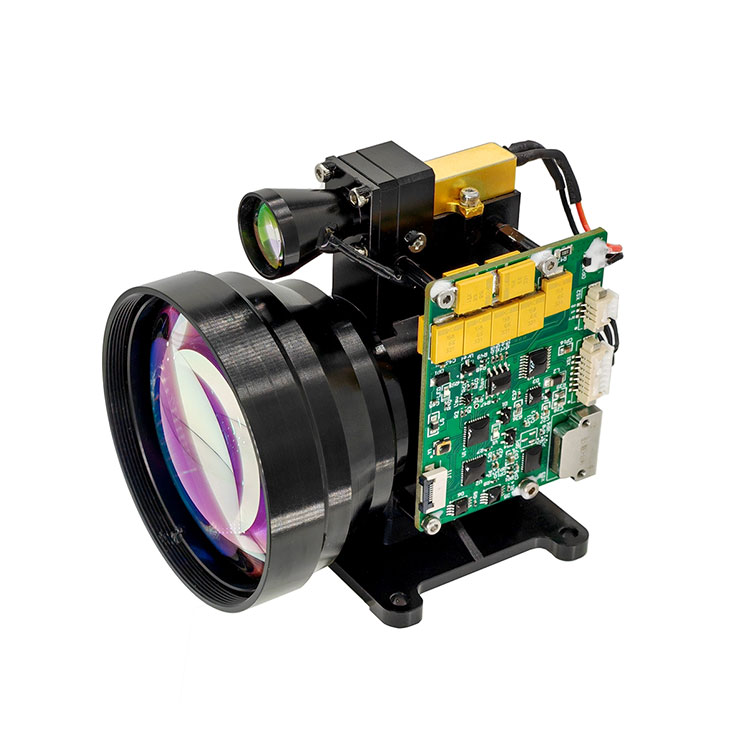Laser rangefinder modules are commonly integrated into LIDAR (Light Detection and Ranging) systems and play a vital role in driverless (autonomous driving) vehicles. Their applications in this field are as follows:

Laser rangefinder modules help autonomous vehicles detect obstacles in their path. By sending out laser pulses and measuring how long it takes for them to return after hitting an object, LIDAR can create a detailed 3D map of the vehicle’s surroundings. Benefits: This real-time mapping enables vehicles to detect obstacles, pedestrians, and other vehicles to plan safe routes and avoid collisions.
Laser rangefinder modules facilitate simultaneous localization and mapping (SLAM). They help to accurately map the vehicle’s current position relative to its surroundings. This capability is crucial for autonomous vehicles to navigate complex environments without human intervention.
Laser rangefinders facilitate precise navigation and path planning. They provide detailed distance measurements to objects, road markings, and other relevant features. The vehicle’s navigation system uses this information to make real-time decisions about speed, direction, and lane changes, ensuring safe and efficient driving.
Laser rangefinders can measure the speed and motion of objects around the vehicle. By continuously monitoring changes in distance and position, they can help the vehicle adjust its speed and path accordingly. This feature enhances the vehicle’s ability to safely interact with moving objects, such as other vehicles or pedestrians.
Laser rangefinders can operate effectively in a variety of environmental conditions. They can penetrate fog, rain, and low-light conditions better than other sensor technologies. This adaptability ensures reliable performance in all weather and lighting conditions, which is crucial for the safety and reliability of autonomous vehicles.
The laser ranging module provides input information to AI algorithms and control systems. This information helps in decision-making processes such as route planning, speed adjustments, and emergency maneuvers. By combining laser information with AI capabilities, autonomous vehicles can continuously improve their ability to navigate complex environments and respond to dynamic situations.
In short, laser ranging modules are essential in driverless driving applications, providing accurate real-time information and enabling autonomous vehicles to navigate in different environments safely and efficiently. Combining them with advanced technologies such as AI improves the performance and reliability of autonomous driving systems.
For more information on our products, please contact Jioptik.